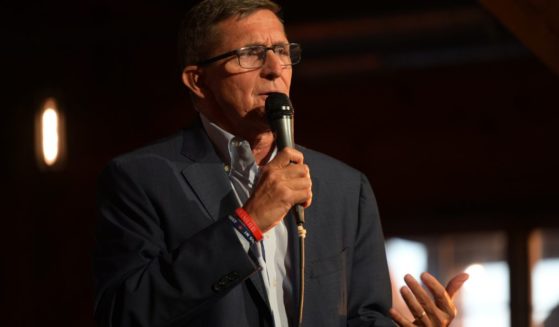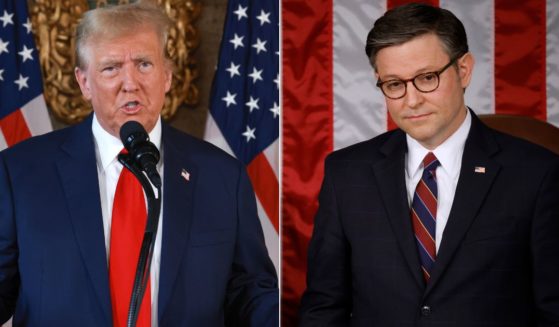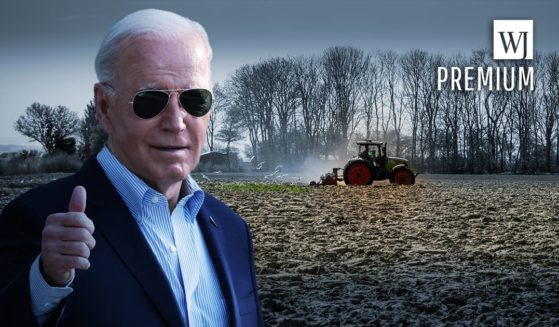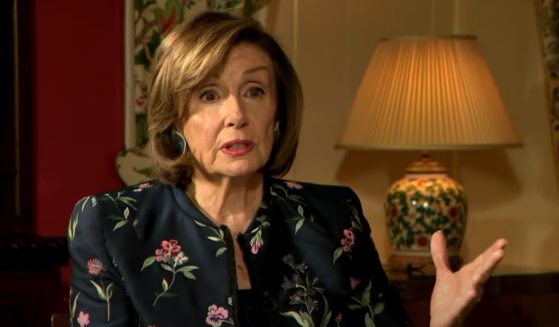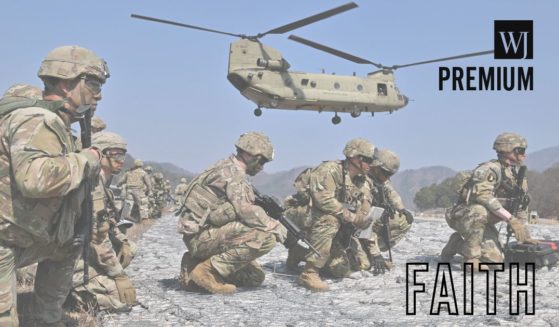Trump Admin Steps Up Fight Against Chinese Forced Labor with Bold New Order
The U.S. said Wednesday it would block imports from a major Chinese producer of cotton goods because of its reliance on workers detained as part of a crackdown on ethnic minorities in China’s northwest.
Customs and Border Protection issued an order halting shipments from the state-controlled Xinjiang Production and Construction Corps.
Any U.S. company seeking to import goods from the company would have to prove they were not made with the forced labor of Uighurs and other ethnic minorities.
In July, the U.S. Treasury added XPCC to a sanctions list that prohibits Americans from conducting any financial transactions with the company.
It is the sixth enterprise from the Uighur region whose goods have been blocked by Customs in recent months.
The new order represents an escalation of U.S. efforts to pressure China over its campaign in Xinjiang, where authorities have imprisoned more than 1 million people in brutal detention camps.
XPCC controls about a third of cotton production in the Uighur region and about 6 percent of all cotton globally, according to the Worker Rights Consortium, a nongovernmental organization.
“CBP’s action is a body-blow to every brand that intends to continue sourcing cotton from the Uighur Region,” Scott Nova, the group’s executive director, said in a statement.
U.S. officials, in announcing the trade measure, did not name any companies that have imported goods produced by XPCC.
“China’s systemic abuse of forced labor in the Xinjiang region should disturb every American business and consumer,” acting CBP Commissioner Mark Morgan said.
“Forced labor is a human rights violation that hurts vulnerable workers and introduces unfair competition into global supply chains.”
The Trump administration action comes as Congress considers legislation that would declare all goods produced in Xinjiang the product of forced labor and therefore barred from being imported into the United States.
The legislation passed the House of Representatives with overwhelming bipartisan support in September but still must clear the Senate.
The administration is also considering a blanket ban, according to acting Deputy Homeland Security Secretary Ken Cuccinelli.
Some companies and business groups oppose a region-wide ban, arguing it would harm legitimate producers and manufacturers because there is no effective way to inspect and audit suppliers.
The region is a source of tomatoes and electronic goods as well as cotton and textiles.
China has disputed the widespread and consistent reports of abuse and mistreatment of the Uighurs and other minorities, defending the campaign as an effort to crack down on extremism and claiming the vast network of detention camps is for vocational and language training.
The Western Journal has reviewed this Associated Press story and may have altered it prior to publication to ensure that it meets our editorial standards.
Truth and Accuracy
We are committed to truth and accuracy in all of our journalism. Read our editorial standards.

